Joe Biden’s America is on a new path, putting China on notice, and Australia in need of a new strategy
The global revolution in economics, trade and technology being advanced by the Biden administration to combat the rise of China has been given deeper expression by senior administration officials in the most definitive outline of their path-breaking US strategy.
The liberal globalised world of the past 40 years in which Australia grew, prospered and, with a touch of modesty, even mastered to our enduring benefit, will exist no more. It is dying on the funeral pyre of intensifying US-China rivalry.
In his April 27 speech to the Brookings Institution in Washington, US National Security Adviser Jake Sullivan deliberately warned the liberal think tank that a new order was being invented – the overarching goal being “to more deeply integrate domestic policy and foreign policy”.
“This moment demands that we forge a new consensus,” Sullivan said. The goal is a mammoth industrial policy for the US based on expanding capacity, resilience and inclusiveness. It explicitly rejects the former consensus – the primacy of free markets, free trade and the interdependent globalised order. This is buttressed by the speech delivered on April 20 by US Treasury Secretary Janet Yellen that swept away 40 years of US engagement with China based on mutual economic interest for a new epoch where national security will prevail over economics.
The Albanese government seems not to grasp what is happening, with ministers misinterpreting Yellen’s speech, not absorbing Sullivan’s speech and not comprehending the global shift under way as exemplified by the March 30 speech on China by European Commission president Ursula von der Leyen.
Recognising that “it isn’t feasible or desirable to build everything domestically”, Sullivan said: “Our objective is not autarky – it’s resilience and security in our supply chains.”
The purpose is not to “decouple” from China in an economic sense but to “de-risk” – the new agreed US-EU formula also used in von der Leyen’s speech.
The virtues of the previous liberal order are now derided. Sullivan said America’s industrial base “had been hollowed out”. Trade policy was no longer about reducing tariffs since that was answering “the wrong question”. The market distribution of capital had let down the national interest. The global economic project of the 2020s and 30s would be “different from the project of the 1990s”.
Sullivan criticised the past generation focus on “tax cutting and deregulation, privatisation over public action and trade liberalisation as an end in itself”. Joe Biden’s mission was to chart the new direction based on four tasks: restoration of America’s industrial strength; prioritising security against China by recognising that economic integration “didn’t stop China from expanding its military ambitions in the region or stop Russia from invading its democratic neighbours”; building a clean-energy 21st-century economy; and confronting the failure of trade-enabled growth that had accentuated inequality and damaged US democracy.
Sullivan’s charge is the past liberal order, despite its merits, undermined the US at home and lulled America into a misleading perception of China.
Describing Biden’s inheritance on his election, Sullivan said: “The People’s Republic of China continued to subsidise at a massive scale both traditional industrial sectors, like steel, as well as key industries of the future, like clean energy, digital infrastructure and advanced biotechnologies. America didn’t just lose manufacturing – we eroded our competitiveness in critical technologies that would define the future.
“Another embedded assumption was that the type of growth did not matter. All growth was good growth. So, various reforms combined and came together to privilege some sectors of the economy, like finance, while other essential sectors, like semiconductors and infrastructure, atrophied. Our industrial capacity – which is crucial to any country’s ability to continue to innovate – took a real hit.”
On display is the US remaking itself to combat China. It is a whole-of-nation change. This view is essentially bipartisan across the US political divide. The Biden administration offers a far more coherent and meaningful response than Donald Trump’s populism yet the motivation is the same.
The economic order that Australia has known for the past two generations is passing into history. It’s over. It’s being officially buried by the US government. Kevin Rudd’s appointment as ambassador to the US assumes a deeper purpose – Rudd’s task, for which he is well equipped, becomes to master America’s new direction, sort out the opportunities and dangers for Australia, and devise a blueprint for the Albanese government on our response.
Scott Morrison’s former chief of staff, John Kunkel, is already on the job, assessing Biden’s industrial policy for the US Studies Centre with a focus on the three major pieces of legislation – the Inflation Reduction Act, the CHIPS and Science Act, and the Infrastructure Investment and Jobs Act – that Kunkel has called “the most far-reaching reboot of the American state in economic affairs in more than 50 years”.
Sullivan said the false assumption of the previous order was “that markets always allocate capital productively and efficiently, no matter what our competitors did”, but the consequence was that “entire supply chains of strategic goods – along with the industries and jobs that made them – moved overseas”.
He said Biden’s ambition “is to restore an economic mentality that champions building” – that means “strong physical and digital infrastructure and clean energy at scale”.
The politics are apparent: to restore the middle class.
The new US industrial strategy will identify special sectors, essential to economic growth and national security. Where private enterprise isn’t poised to invest, the public sector will intervene, with Sullivan estimating total public and private capital investment from Biden’s agenda reaching $3.5 trillion across the decade.
The priorities are semiconductors, critical minerals and clean-energy supply chains. Pivotal to the strategy, Sullivan said, was working with partners in creating “a secure and sustainable economy”, with the EU, Japan and Canada named in this process.
Traditional free-trade agreements aren’t the priority because the traditional trade model “doesn’t cut it”. The aim is to incentivise the new industrial policy with global reach.
Sullivan said the US was still pledged to the World Trade Organisation model, openness and the rule of law. But US policy “has to adapt to the world as it is” and that means restrictions on foreign investment and export controls based on national security.
He said the US was “competing with China on multiple dimensions but we are not looking for confrontation or conflict”.
Yellen delivered a speech of strong US economic assertion, saying the economic facts repudiated any suggestion of US decline. Her defining line was: “China’s economic growth need not be incompatible with US economic leadership.” Decoded, America will continue to lead. On national security, Yellen said: “We will not compromise.”
Yellen was unforgiving in spelling out actions the US was ready to take against China, including export controls, access restrictions, investment constraints and steps to combat China’s “military-civil fusion”. She was explicit: national security would prevail over economic impacts even when those impacts were damaging. Yellen said a “full” economic decoupling from China would be “disastrous” for both nations. That’s obvious.
But it wasn’t her main point. Yellen was putting China on notice. She said China was misusing its economic power. Biden wanted to prevent competition from spilling into conflict. There was a way forward “if China is also willing to play its part”. Beyond that, the core message was that America will not compromise on national security and the economy will be subject to this imperative. Grim times are coming.
Biden, an old-fashioned government interventionist, has found new causes for his interventionism – China and climate. America is on a new path and Australia needs a new strategy.
Paul Kelly is Editor-at-Large on The Australian.
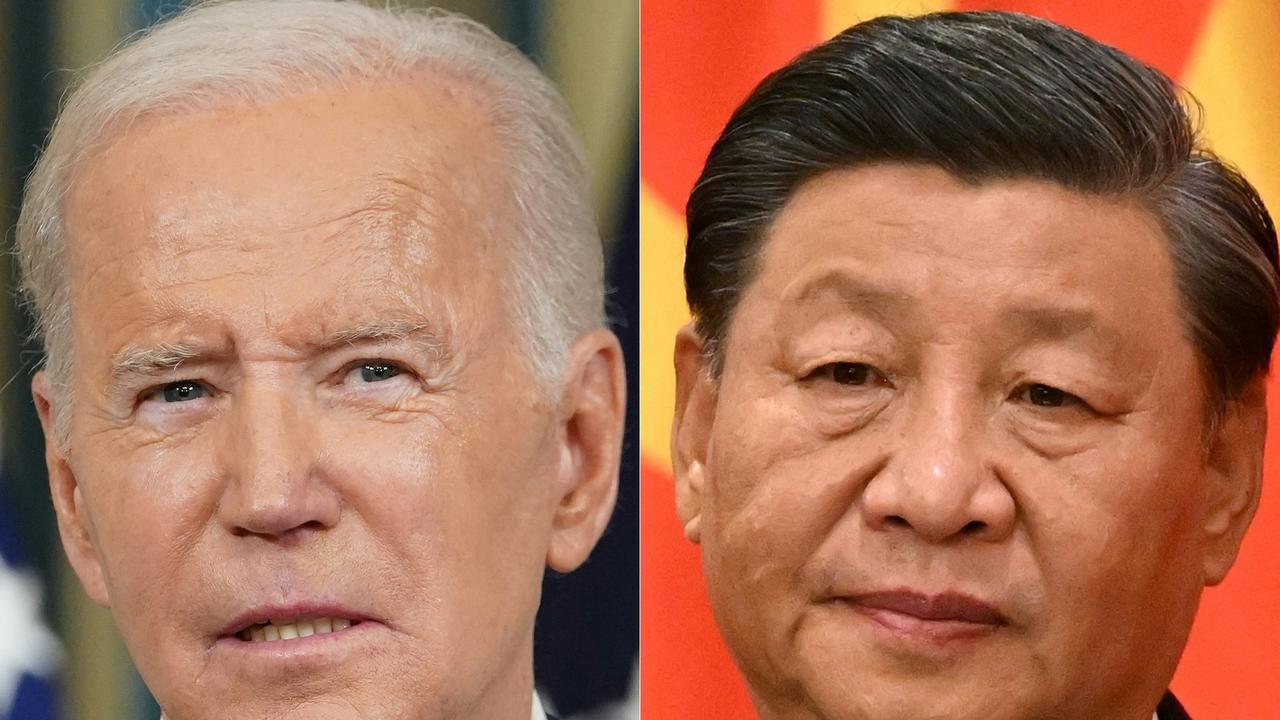
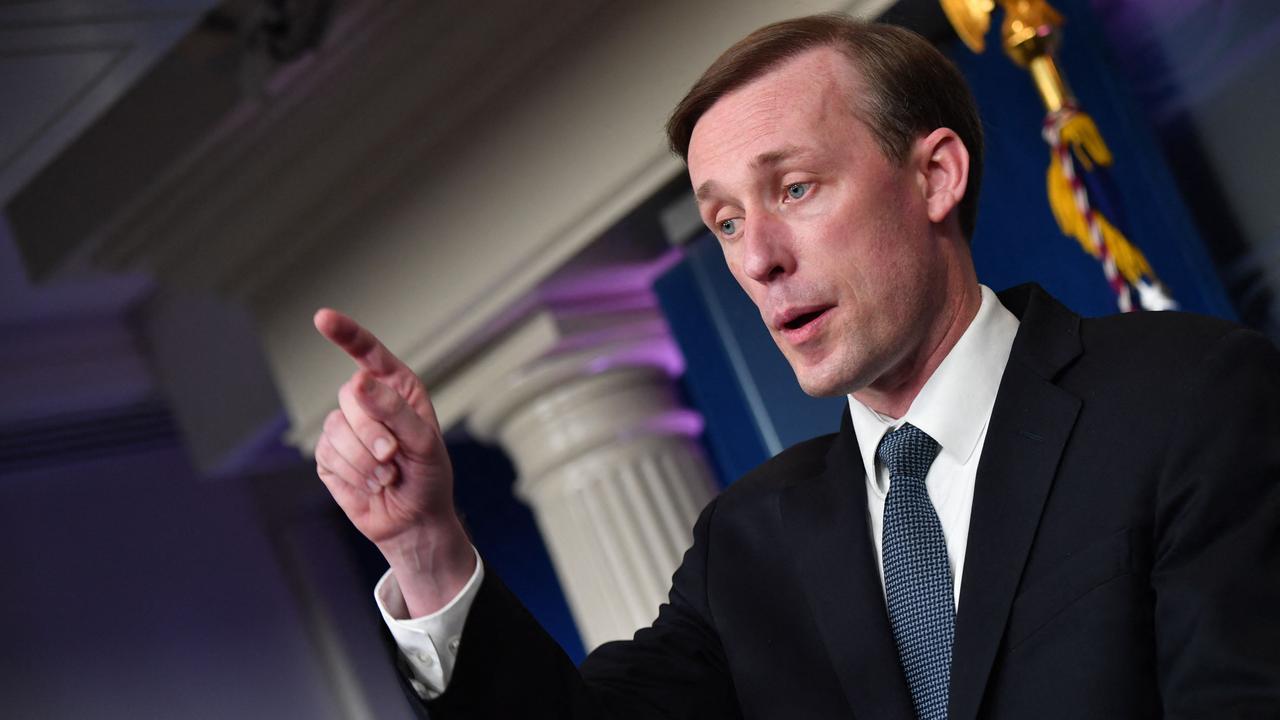
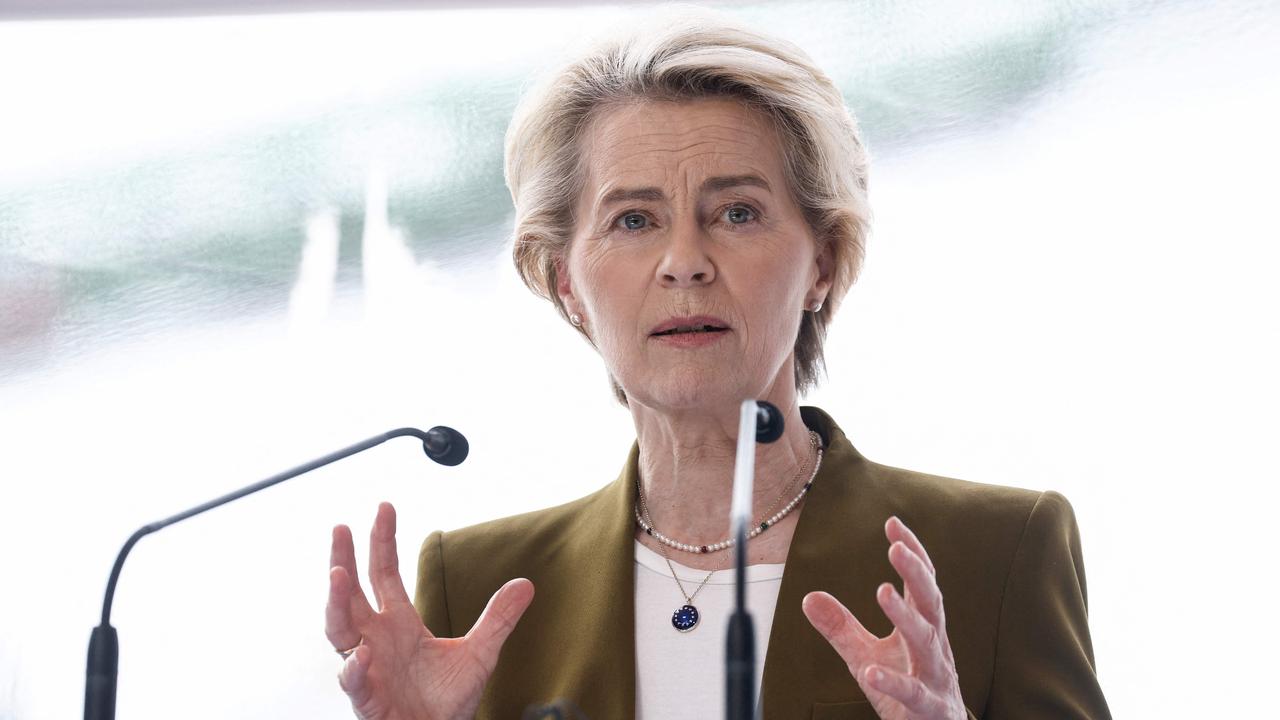
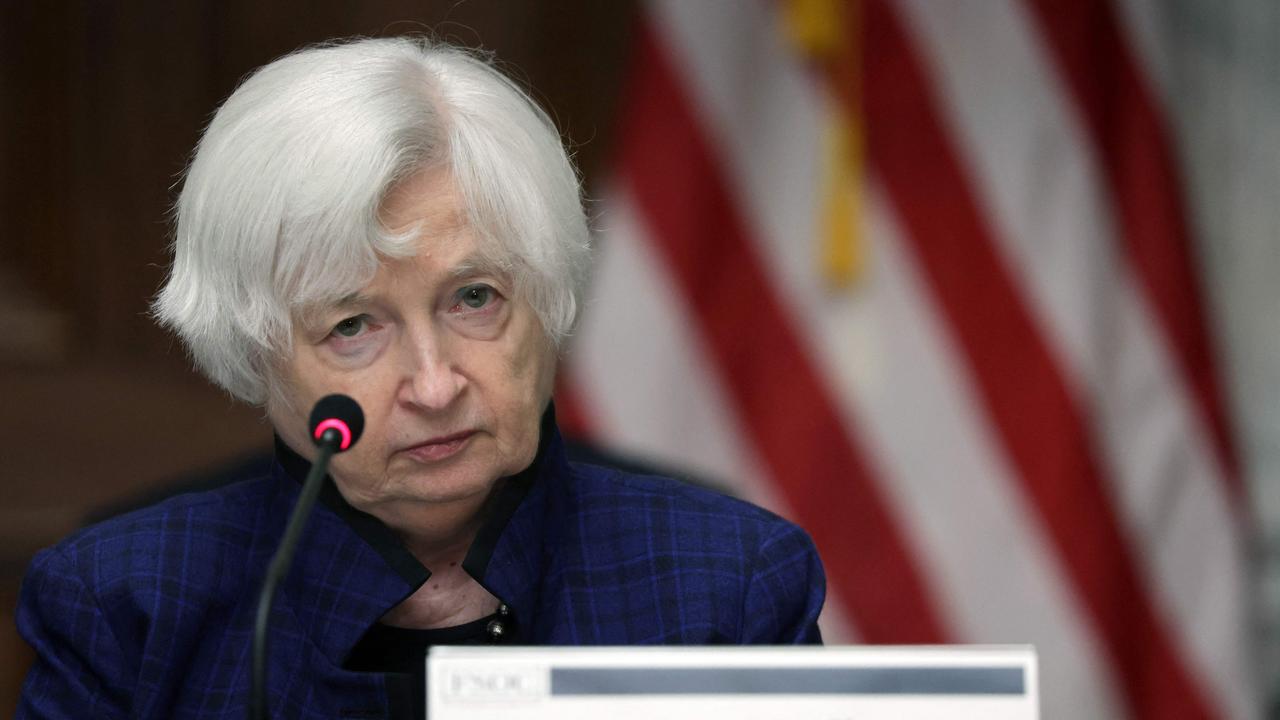
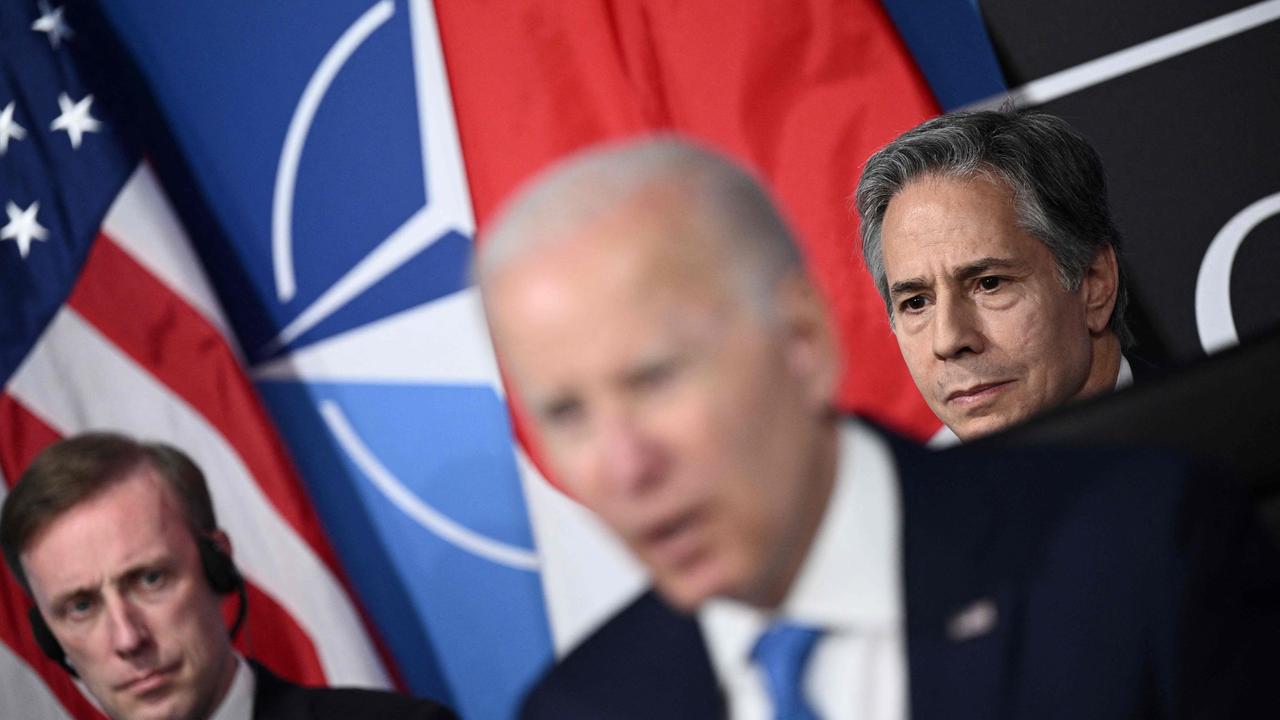
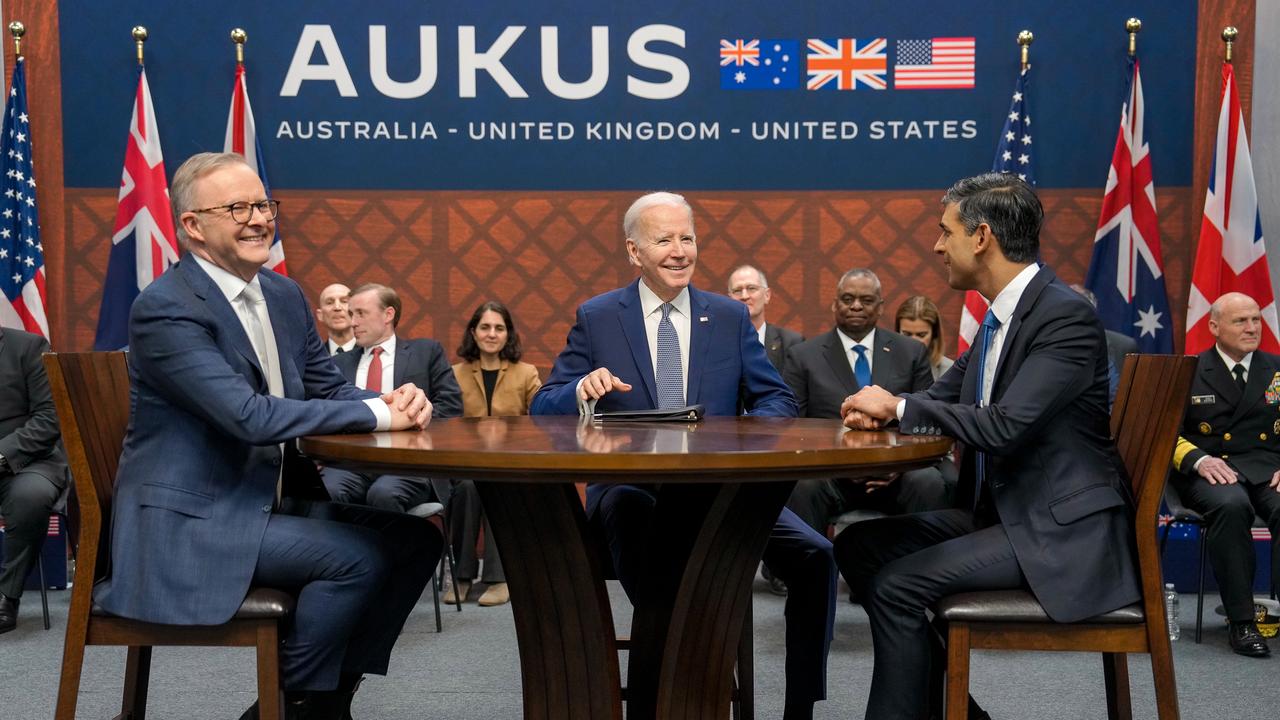
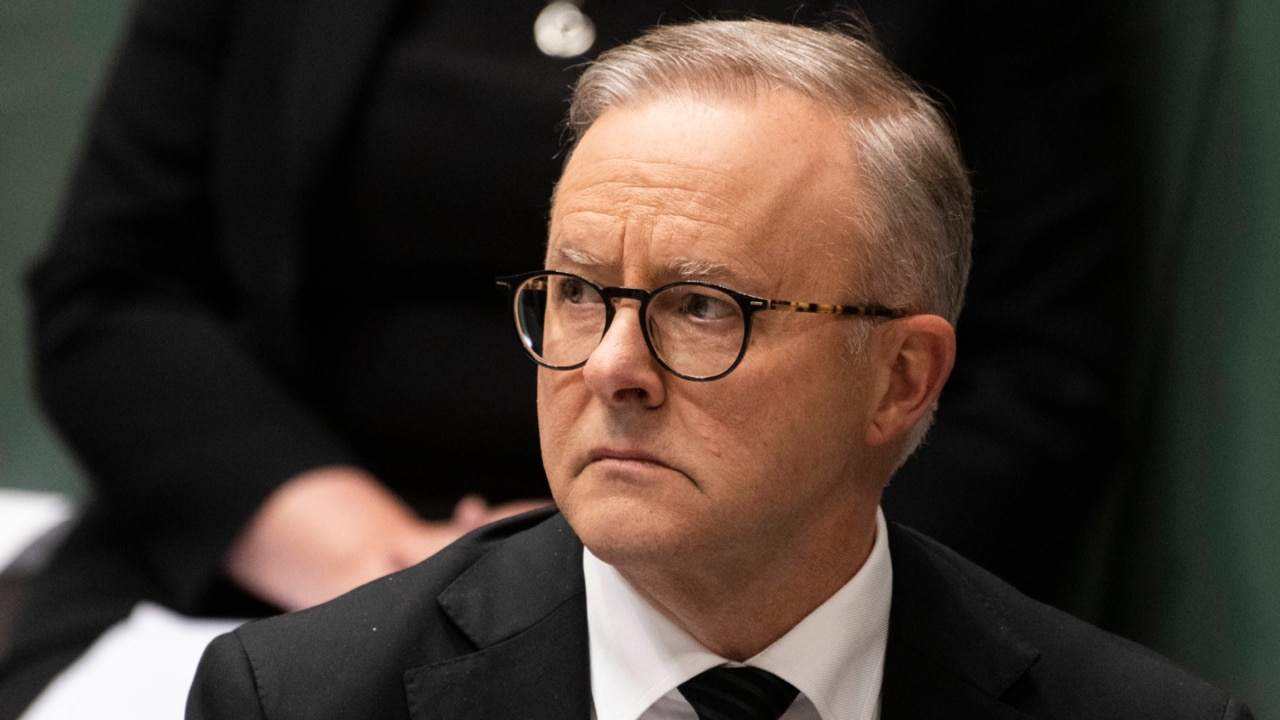
No comments:
Post a Comment